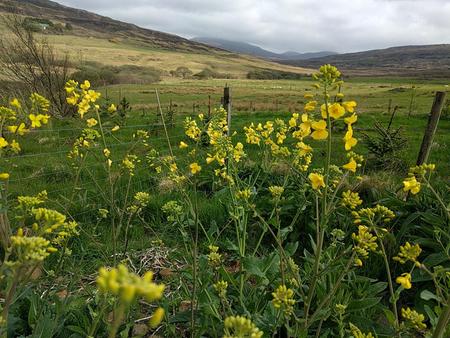
 5
5




Dirty hands + a sweaty handkerchief = hope for the future.
 4
4




 3
3




Dirty hands + a sweaty handkerchief = hope for the future.

 7
7




- Tim's Homestead Journal - Purchase a copy of Building a Better World in Your Backyard - Purchase 6 Decks of Permaculture Cards -
- Purchase 12x Decks of Permaculture Cards - Purchase a copy of the SKIP Book - Purchase 12x copies of Building a Better World in your Backyard
 4
4




Dirty hands + a sweaty handkerchief = hope for the future.
 7
7




Weeds are just plants with enough surplus will to live to withstand normal levels of gardening!--Alexandra Petri

 8
8




How Permies works: https://permies.com/wiki/34193/permies-works-links-threads
My projects on Skye: The tree field, Growing and landracing, perennial polycultures, "Don't dream it - be it! "
 9
9




Visit Redhawk's soil series: https://permies.com/wiki/redhawk-soil
How permies.com works: https://permies.com/wiki/34193/permies-works-links-threads
 5
5




Dirty hands + a sweaty handkerchief = hope for the future.
 3
3




Nancy Reading wrote:I think I'm saving seed now and developing my own landraces in the hope of being more successful at growing my own food. As I live in an area with a climate not typical of the rest of the UK (if there is indeed such a place at all!), I am even more aware that commercial seed varieties are not well suited to my growing conditions, and this is the case for heritage varieties too.
It is too early for me to tell how well my schemes will work out - I have so far only managed to save seed this year, and not all my crops have done well enough for me to get seed next year from the biennial plants (Like more roots crops). I still think that doing this will give me the best chance of success in growing good crops in the future.
“The most important decision we make is whether we believe we live in a friendly or hostile universe.”― Albert Einstein
 4
4




“The most important decision we make is whether we believe we live in a friendly or hostile universe.”― Albert Einstein












 3
3




Cy Cobb wrote:I don't know the first thing about Fava Beans, but to me that's an impressive bowl of diversity in sizes, shapes, & colors you have there. How many plants & how many varieties are represented there?
How Permies works: https://permies.com/wiki/34193/permies-works-links-threads
My projects on Skye: The tree field, Growing and landracing, perennial polycultures, "Don't dream it - be it! "












 5
5




John Weiland wrote: Given your similar latitude to and relative climate with these countries, have you considered adding a greenhouse for those crops that might otherwise not be growable in your area?
How Permies works: https://permies.com/wiki/34193/permies-works-links-threads
My projects on Skye: The tree field, Growing and landracing, perennial polycultures, "Don't dream it - be it! "
 9
9




Best luck: satisfaction
Greatest curse, greed












 9
9




Thekla McDaniels wrote:
I started saving my own seeds because they are cheaper than bought seeds, and as the years go by, probably the seeds i grow year after year are better adapted to where ever I am.
......
Another consideration: when I save seeds I get TONS! Which means I can give them away, guerrilla garden on roadsides and road cuts and vacant lots.


How Permies works: https://permies.com/wiki/34193/permies-works-links-threads
My projects on Skye: The tree field, Growing and landracing, perennial polycultures, "Don't dream it - be it! "
 2
2




Best luck: satisfaction
Greatest curse, greed
 5
5




Love is the only resource that grows the more you use it.
David Brower
 6
6




 5
5




 4
4




 6
6




It's never too late to start! I retired to homestead on the slopes of Mauna Loa, an active volcano. I relate snippets of my endeavor on my blog : www.kaufarmer.blogspot.com

|
His name is Paddy. Paddy O'Furniture. He's in the backyard with a tiny ad.
2024 Permaculture Adventure Bundle
https://permies.com/w/bundle
|




